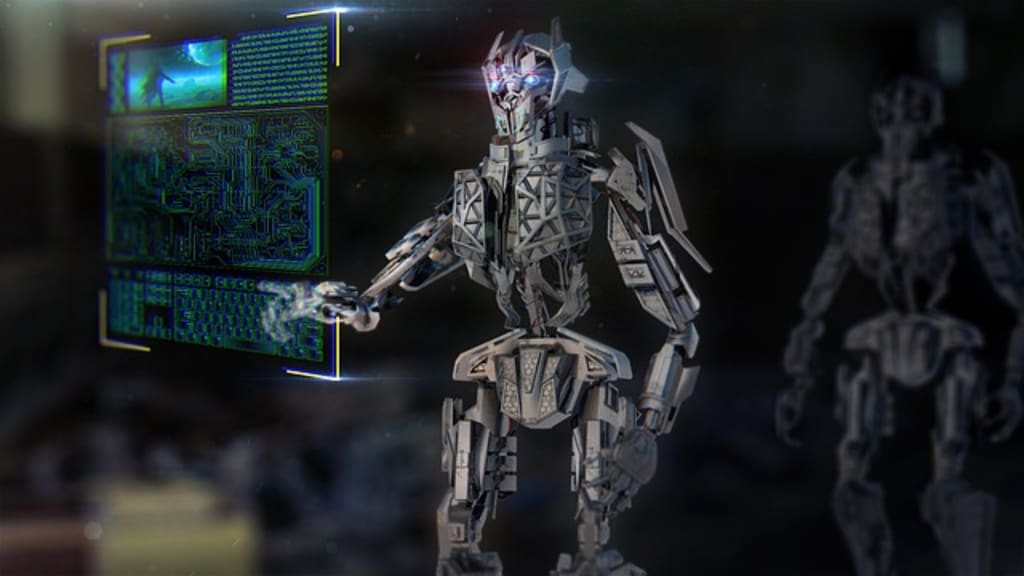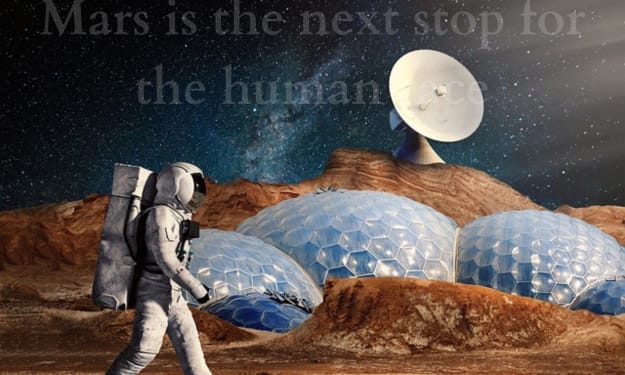
As technology advances at a rapid pace, many people are left wondering how artificial intelligence (AI) will impact the future of humans. AI is already shaping various industries and affecting our daily lives in numerous ways. However, the potential implications of AI's development raise both exciting opportunities and significant concerns. In this article, we'll explore the current state of AI, its potential impact on various industries, and the risks and benefits of its future development.
AI's influence on technology is due in part because of how it impacts computing. Through AI, computers have the ability to harness massive amounts of data and use their learned intelligence to make optimal decisions and discoveries in fractions of the time that it would take humans.
AI has come a long way since 1951 when the first documented success of an AI computer program was written by Christopher Strachey. Since then, AI has been used to help sequence RNA for vaccines, model human speech and improve various industries such as healthcare, education, and transportation. With innovations like these, AI has retaken center stage like never before and will continue to play a significant role in shaping our society.
Artificial intelligence is already affecting a wide range of industries, from healthcare and manufacturing to education and customer service. Here are some examples of how AI is transforming various sectors:
The transportation industry is poised for significant change as AI technologies advance. Self-driving cars and AI-driven travel planners are just a couple of ways AI is revolutionizing how we get from point A to point B. As autonomous vehicles continue to develop, they will eventually be responsible for transporting us safely and efficiently.
Manufacturing has been benefiting from AI for years. With AI-enabled robotic arms and other manufacturing bots dating back to the 1960s and 1970s, the industry has adapted well to the powers of AI. Industrial robots typically work alongside humans to perform a limited range of tasks like assembly and stacking, while predictive analysis sensors help maintain equipment.
AI is already transforming the healthcare industry by providing personalized medicine, speeding up drug discovery, and improving diagnostics. In the future, AI will enable more accurate diagnoses, better treatments, and overall improvements in patient care.
AI is changing the way we learn by tailoring educational experiences to individual students' needs. With AI-powered tools like natural language processing and facial recognition, teachers can better understand their students and provide more personalized instruction.
Journalism is harnessing AI to produce content and streamline the news production process. Automated tools like natural language processing and machine learning are helping journalists create more accurate and engaging stories.
AI-powered chatbots and virtual assistants are revolutionizing customer service by providing personalized support and streamlining the customer experience. As AI technology continues to advance, customer service will become more efficient and effective.
As AI continues to develop and integrate into various aspects of our lives, questions arise about the potential risks and benefits of this powerful technology.
AI is expected to displace many jobs in the coming years, particularly those involving routine tasks. However, AI also has the potential to create new opportunities for human workers by automating mundane tasks and enabling humans to focus on more complex and creative endeavors.
In the near future, AI is expected to bring significant advancements in areas such as precision medicine, driverless cars, and virtual assistants. These developments will likely improve our quality of life and create new opportunities for innovation.
AI's reliance on big data raises concerns about privacy and surveillance. As AI systems become more advanced and integrated into our daily lives, it is essential to ensure that our personal information is protected and used responsibly.
How AI Will Affect Socioeconomic Inequality
AI has the potential to exacerbate existing socioeconomic inequalities by displacing low- and medium-skilled jobs and concentrating wealth in the hands of a few. To mitigate these risks, it will be crucial to invest in education and retraining programs for workers affected by AI-driven job displacement.
Preparing for the Future of AI
As AI continues to advance, it is essential for society to consider the potential risks and benefits of this powerful technology carefully. This involves:
Fostering an AI-literate public through education and public discourse.
Ensuring diversity in the development of AI technologies.
Implementing robust regulations and ethical guidelines for AI development and deployment.
Investing in research that aims to mitigate the potential negative impacts of AI.
Artificial intelligence holds the potential to revolutionize various aspects of our lives, from healthcare and education to transportation and customer service. However, it also raises significant concerns about privacy, job displacement, and socioeconomic inequality. As we continue to develop and integrate AI technologies, it is crucial to carefully consider the potential risks and benefits and take steps to mitigate any adverse impacts on society. By doing so, we can harness the power of AI to improve our world while ensuring the safety and well-being of future generations.






Comments
top7best7 is not accepting comments at the moment
Want to show your support? Send them a one-off tip.